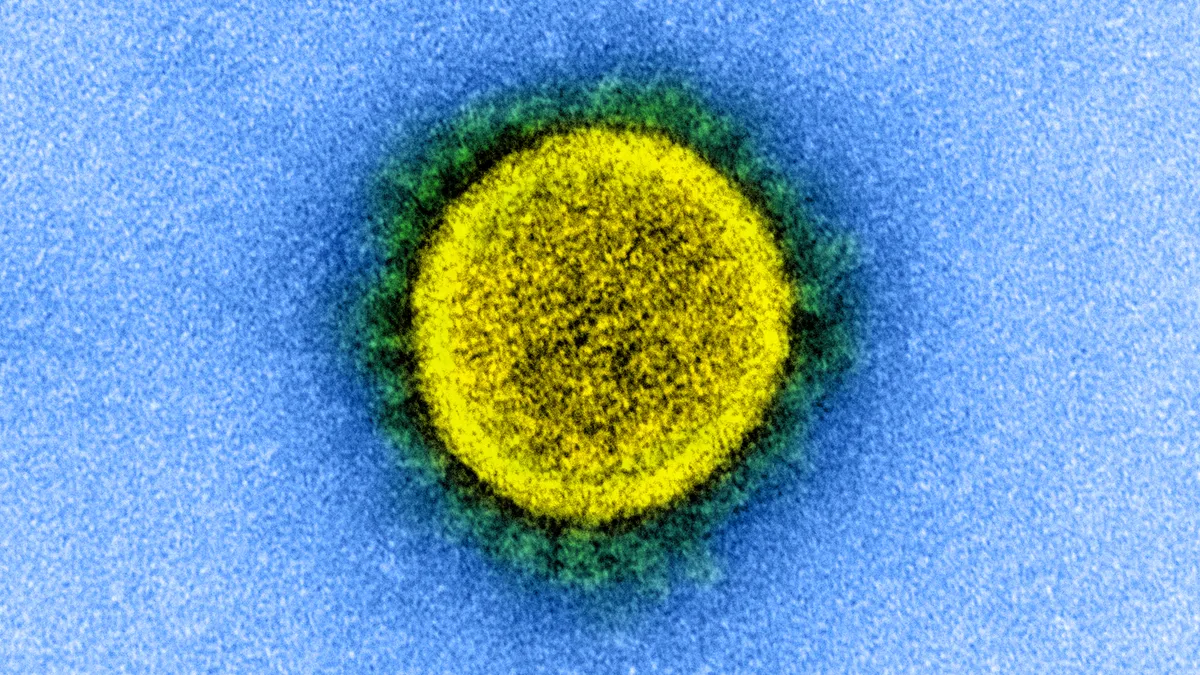Dive Brief:
-
FDA has created a supplemental template for developers to expedite emergency authorization of tests for use in COVID-19 screening programs, a move that could benefit companies like Quidel which has been held up by the need for data in asymptomatic individuals as it pursues an OTC version of its QuickVue SARS product.
-
The agency's template could enable diagnostic companies to seek EUAs for COVID-19 screening tests without generating data for people without symptoms. FDA officials said it will "pave the way for further expanding the availability of tests authorized for screening asymptomatic individuals, help bolster existing and new testing programs and increase consumer access to testing."
- FDA published the template alongside a fact sheet intended to help organizers of screening programs choose a test. The document explains how to assess whether a test is suitable for use in screening programs.
Dive Insight:
Schools, workplaces and other locations are looking to COVID-19 screening programs to support the safe resumption of in-person interactions. At the same time, test developers are working to enable consumers to test themselves for COVID-19 at home without a prescription. The use cases require kits capable of detecting the coronavirus in asymptomatic individuals, although the potential to run repeated tests, an approach known as serial testing, makes it somewhat easier to clear that bar.
Previously, the EUA requirements were designed around tests intended to detect COVID-19 in people with reasons to think they may be infected, such as symptoms or contact with an infected individual. The supplemental template is designed to create a streamlined approach better suited to the needs of tests developed for screening programs.
Harvard epidemiologist Michael Mina, who has been pushing for the FDA to speed broader antigen testing, tweeted that the move seemed to be "a positive step forward to increasing regular testing for public health," though he noted some unknowns need clarifying, such as whether schools and workplaces will qualify as the screening entities.
Overall though he gave high marks to the Biden administration that "public health testing is being prioritized."
In the template, FDA advises applicants to seek a label that recommends using screening tests twice, with the two tests taking place between 24 and 36 hours apart. Applicants can seek less frequent testing regimens, such as twice weekly. FDA will only consider "higher sensitivity molecular tests" for once-weekly testing.
FDA will waive the need for premarket results from asymptomatic people in some circumstances. "The FDA believes that evidence of a test's strong performance in symptomatic patients combined with serial testing can mitigate the risk of false results when testing asymptomatic individuals," Jeff Shuren and Tim Stenzel, respectively directors of FDA’s Center for Devices and Radiological Health and Office of In Vitro Diagnostics, wrote in a blog post.
Applicants still need data on the performance of their tests in symptomatic individuals. FDA wants to see a positive percent agreement of at least 80%. Developers of less sensitive kits will generally need to evaluate their tests in asymptomatic people to receive an EUA for screening or OTC sales.
The publication of the guidance comes around one month after Quidel said the need for positive test results in asymptomatic individuals had delayed its plans to seek FDA authorization for an OTC version of its QuickVue SARS product. Quidel originally aimed to get approval around the start of last month. Only Cue Health and Ellume have authorizations covering OTC COVID-19 tests.
FDA released a separate document to support the formation of screening programs. The simplest option is to use a test authorized for screening. When evaluating tests that lack authorization, FDA is advising the organizers of screening programs to consider highly sensitive kits and frequent serial testing.













